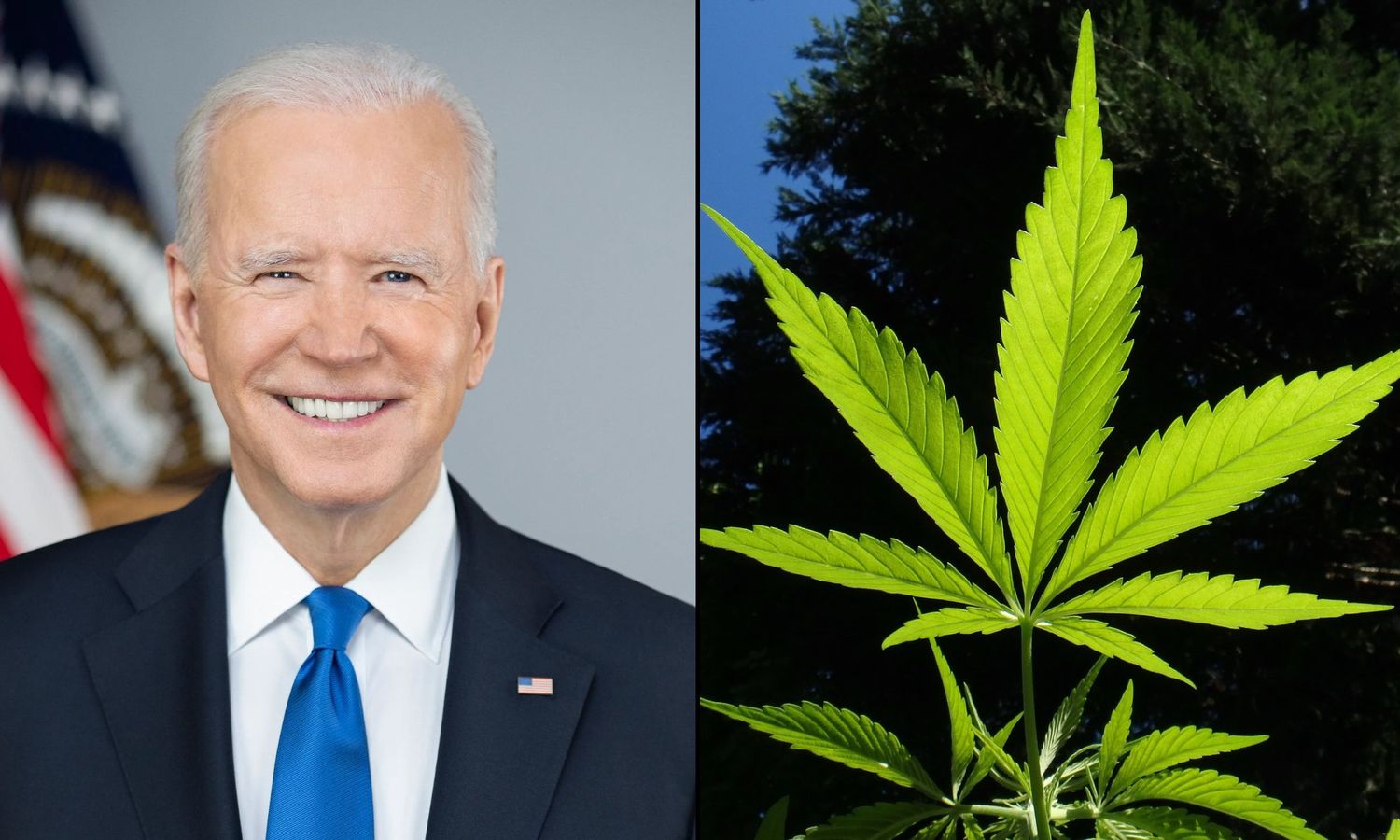Cannabis Restrictions
Biden to Reclassify Marijuana, Easing Nationwide Restrictions
In a landmark move poised to reshape U.S. drug policy, the Biden administration is set to reclassify marijuana, reducing its classification from a Schedule I to a Schedule III controlled substance. This significant policy shift marks the most substantial change in drug laws in over half a century and reflects a growing acknowledgment of the drug's medical uses and lower potential for abuse compared to more dangerous drugs like heroin and LSD.
The reclassification initiative follows a comprehensive review by the Department of Health and Human Services (HHS), which recommended the change based on extensive research indicating marijuana's potential medical benefits and a lower risk profile. The proposal, still under review by the White House Office of Management and Budget (OMB), is expected to be published soon in the federal registry, initiating a public comment period before it can take effect.
This policy revision aligns with President Joe Biden's broader drug reform agenda, which includes decriminalizing marijuana use and expunging prior convictions. "Criminal records for marijuana use and possession have imposed unnecessary barriers to employment, housing, and educational opportunities," President Biden stated, emphasizing the need to rectify these longstanding injustices.
The reclassification of marijuana would not legalize the drug but would significantly ease restrictions on its use, particularly in research and medical contexts. Currently, as a Schedule I drug, marijuana is categorized alongside substances considered to have no medical use and a high potential for abuse. This classification has severely hampered scientific research and medical applications of cannabis.
Implications of Reclassification
The move to reclassify marijuana as a Schedule III substance, which includes drugs like ketamine and certain anabolic steroids, is expected to have wide-ranging implications. For one, it would facilitate more extensive and federally sanctioned medical research into the drug's therapeutic potentials. Additionally, it would alleviate some of the financial and operational burdens faced by cannabis businesses. These businesses are currently unable to claim tax deductions and other financial benefits available to other legal enterprises due to the drug’s Schedule I status.
Economically, the legal cannabis industry, which generated approximately $35 billion in sales in 2023, is projected to continue its rapid growth. Industry experts predict that easing federal restrictions could further boost the market, potentially doubling its current size by 2030 as new medical and recreational products enter the market and reach consumers more broadly.
Public and Political Reactions
The decision has been met with a mix of praise and criticism. Proponents of marijuana legalization, like Rep. Earl Blumenauer (D-Ore.), have lauded the administration's steps as progressive and necessary. "If today's reporting proves true, we will be one step closer to ending the failed war on drugs," Blumenauer stated, reflecting a sentiment shared by many advocates who view the war on drugs as overly punitive and ineffective.
However, opposition remains, particularly among groups concerned about the societal impacts of easing marijuana restrictions. Critics argue that reclassification might lead to increased marijuana use and related social issues, although supporters counter that regulation could mitigate these risks more effectively than prohibition.
Looking Forward
As the Biden administration finalizes its proposal, the forthcoming public comment period will likely see vigorous debate from various stakeholders, including medical professionals, law enforcement, drug policy advocates, and the general public. This debate will play a crucial role in shaping the final contours of the policy.
Regardless of the outcome, this initiative represents a significant pivot in U.S. drug policy, reflecting shifting public attitudes towards marijuana and a growing consensus about the need for reform. As the nation awaits the final decision, the implications for public health, criminal justice, and the economy will remain focal points of discussion among policymakers and citizens alike.

